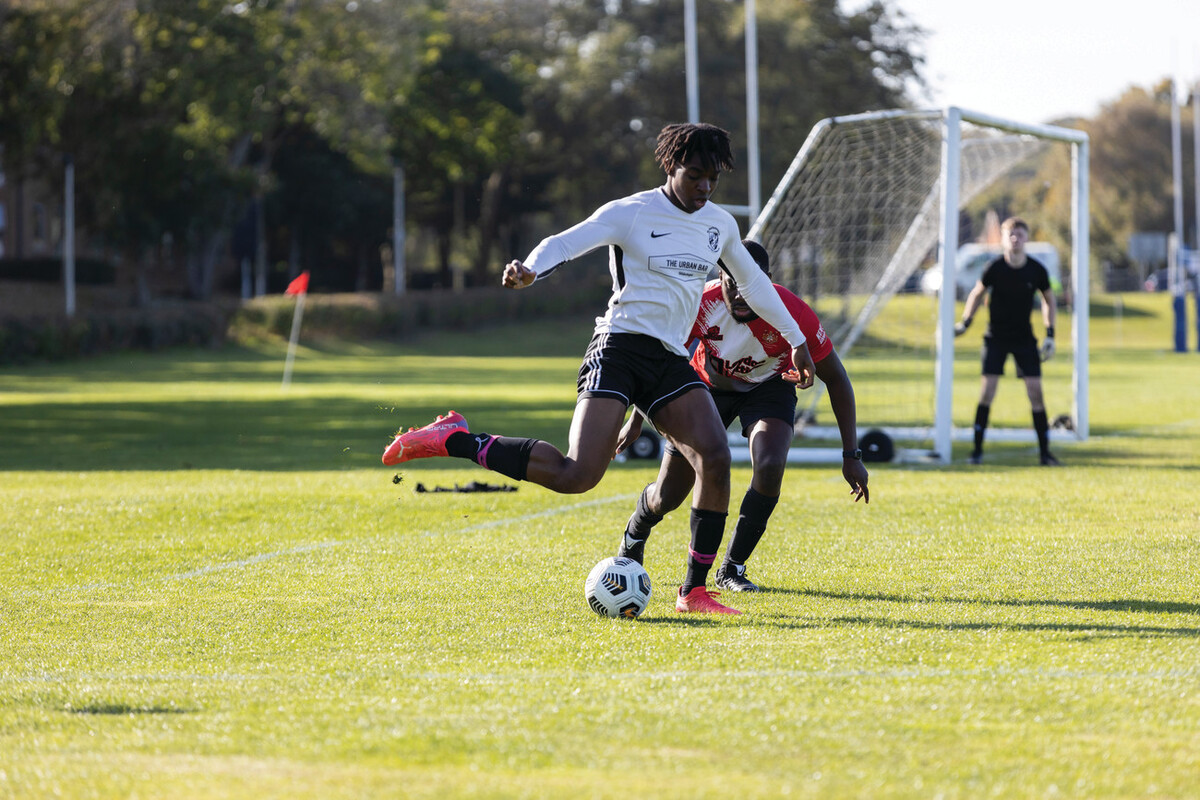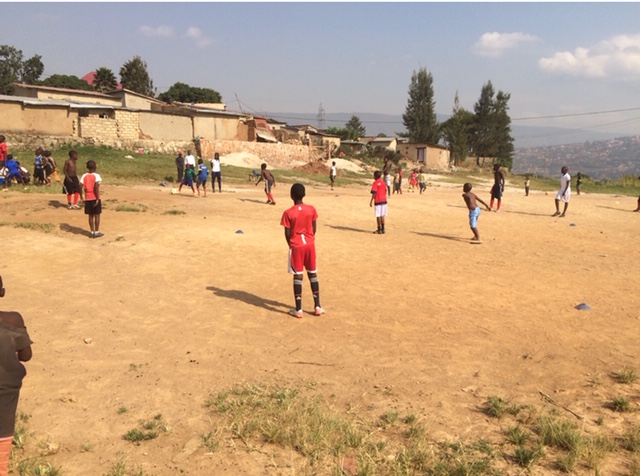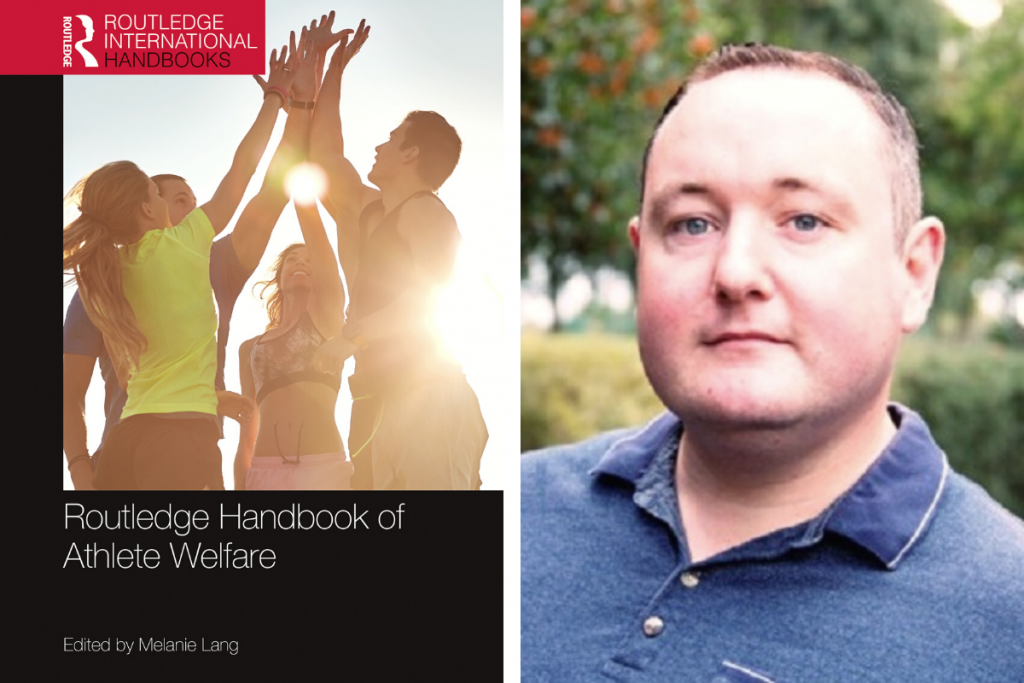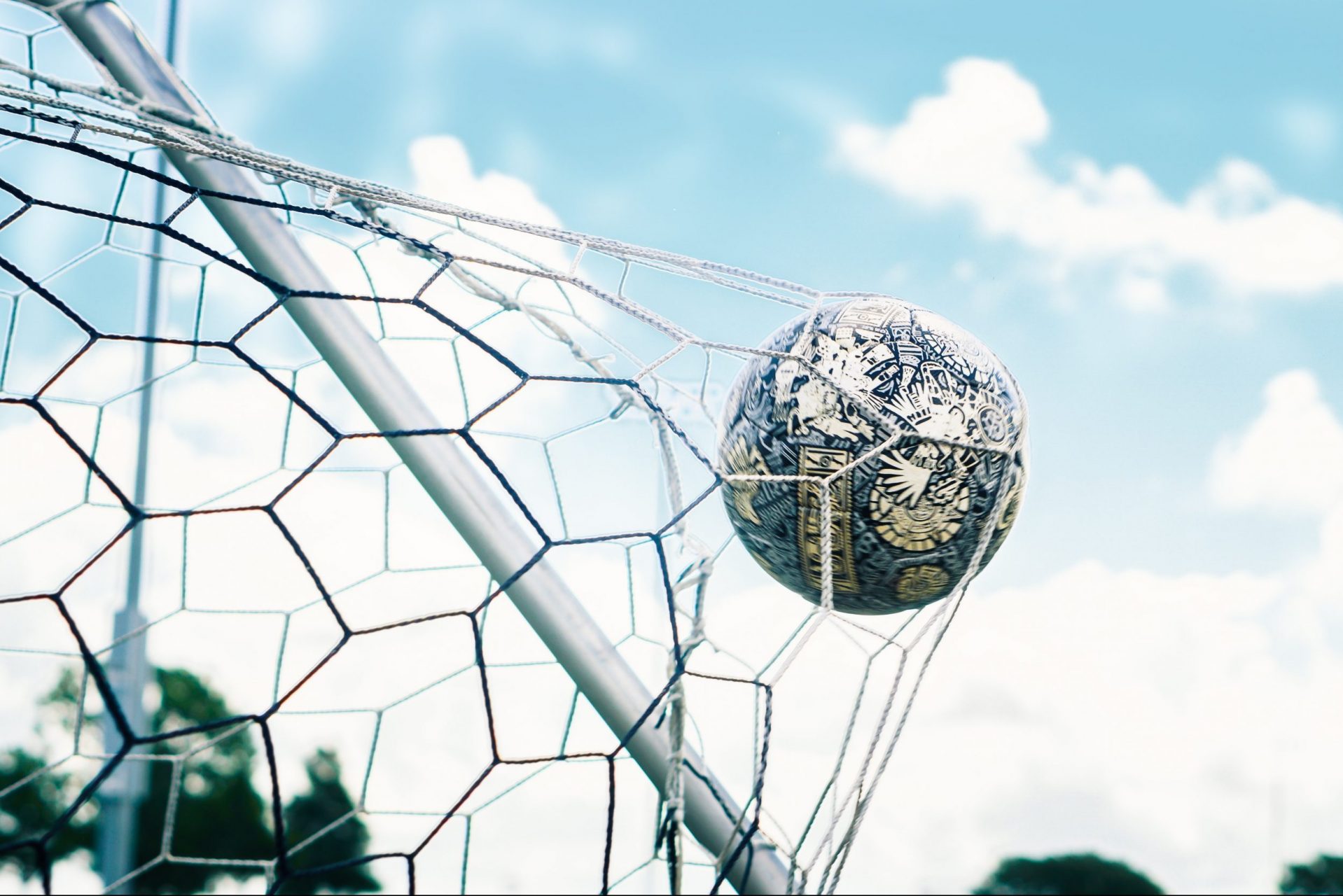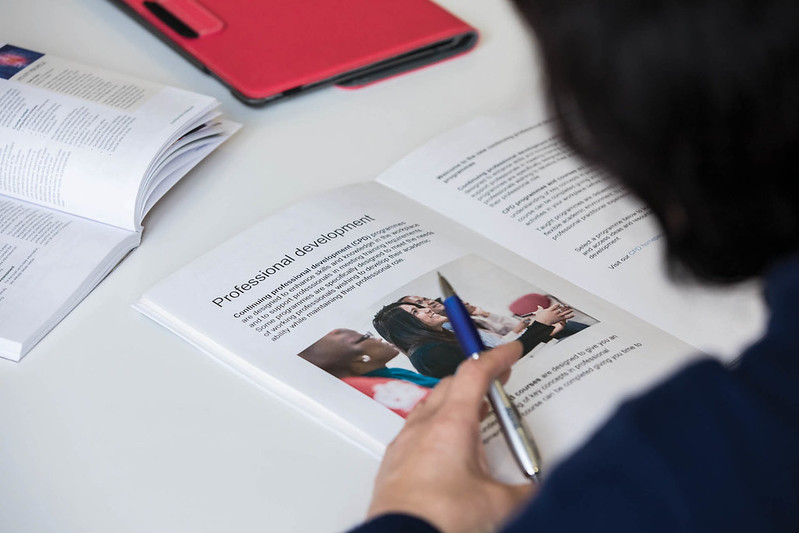Sport, volunteering and civil society capacity building: Lessons and models from post-Olympic host cities
Empowering communities through volunteering is one of the IOC priority fields in fostering the Olympic Games’ wider civic contributions. In 2004 Greece hosted the summer Games at a time when volunteering was not widespread or well understood. The Athens 2004 Olympic Games volunteer programme is anecdotally portrayed as the catalyst for the current volunteering bloom in Greece. Legacies of volunteer investment cannot be guaranteed however, and empirical data on the current volunteer, sport-volunteering and wider civil society landscape in Athens and Greece are lacking. Subsequently, this project aimed to revise understanding of the current experiences of civil and volunteer sector stakeholders. It employed a qualitative, mixed-method, research design comprising strategically targeted semi-structured interviews and surveys with 19 civil society professionals and Athens 2004 volunteer programme administrators and participants.
Our findings, published by the International Olympic Committee, reveal that the Athens 2004 Olympic Games was aided by existing sector expertise and resources, eventually encouraged further third sector development in the country, and inspired individuals to continue wider volunteer-related work. Additionally, while broader social, political, economic factors and a lack of post-Games strategy hindered sector development, new collaborative opportunities were also created. Ultimately, these findings provide a critical appraisal and guidelines for enhancing future Olympic volunteer and civil society legacies in host cities.
Examining sports work, athlete welfare and organisational practices
The welfare and wellbeing of sports workers (e.g., athletes, coaches, etc.) has been a growing area of scholarly interest. Work in this area has drawn attention to the pressures, short term vulnerabilities, contracts, mental health, dual career, career pathways, exploitation and contextual influences that characterise sports work and, more recently, raised questions about a duty of care within the sector. Our ongoing work, focusing variously on professional contracts, career transitions, aging and post-sport, employment during geo-political conflict, and career experiences, has revealed the intense and pressurised labour of sports workers. Drawing date from our ongoing relationships with sport organisations in the UK, wider Europe, New Zealand, Canada and elsewhere, our research has highlighted how contemporary sport and employment practices and contexts come to bear individuals and they navigate their work and career trajectories. While some of these issues may be evident across sport, our global research has illuminated specific distinctions and contextual differences that require further interrogation.
Sustainability networks and organisational capacity building in the European sport sector
The complexities of addressing sustainability have been recognised through international policy and strategies developed by the United Nations and UNESCO, World Health Organisation, Red Cross and International Olympic Committee, and European Commission to formulate strategic response and governance that addresses the world’s collective sustainability concerns. Based on our ongoing work with sector stakeholders, our current line of research focuses on investigating the multifaceted nature of organisational engagements with sustainability agendas that are being increasingly prioritised within the European/European Union sport sector. Specifically, the focus of this research is to evaluate where, why and how local, transnational and regional organisations and networks have emerged to design, develop and implement innovative initiatives and drive meaningful and enduring societal change. Notwithstanding the advancement of sustainability practices and sustainable development discourse within the sport and physical activity sector, there remains limited critique of related activities in Europe, Accordingly, our contributes to new understandings about how collaborative relationships within the region might be strengthened and individual and organisational experiences valued and advanced.
